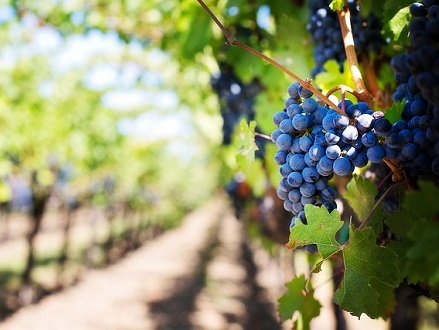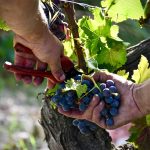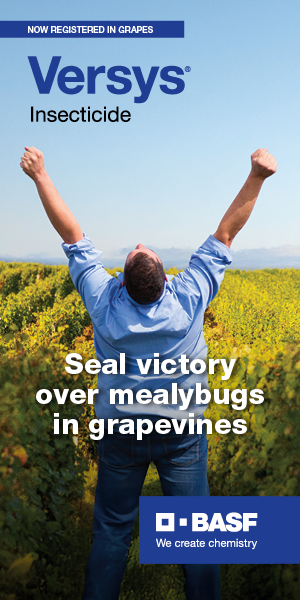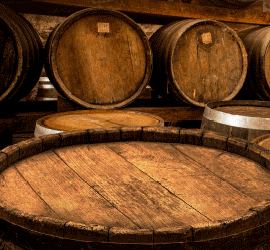Winegrape growers across South Australia will benefit from the Wine Grape Council of South Australia’s (WGCSA) successful grant under the National Landcare Program’s Smart Farms Small Grants program.
The EcoVineyard concept incorporates native insectary plants to create biodiverse ecosystems in and around vineyards. These plants support populations of insect predators, which contribute towards biocontrol of vineyard pests and may ultimately lead to reduced input costs and the use of chemicals. The use of insectary plants, will help demonstrate our environmental credentials, change the look and function of vineyards and provide opportunities to tell our unique story to tourists and international wine customers.
Insectary plants provide food and shelter to nourish and support ‘good bugs’. Healthy ecosystems can help to reduce the presence of vineyard pests naturally. Stands of native vegetation adjacent to vineyards can increase biodiversity and provide season-long benefits. This project will give wine grape growers practical information and the confidence to grow selected native insectary plants in association with their vineyards.
WGCSA and viticulturist, Mary Retallack from Retallack Viticulture Pty Ltd combined to win this two year, $199,748 grant. WGCSA business manager Lisa Bennier said, “One of our main objectives at WGCSA is to help SA winegrape growers to be the best in Australia. We aim to improve the health and resilience of our growers’ vineyards and reduce the costs of running a vineyard.”
Project staff will work with grapegrowers to establish native insectary sites and biodiversity corridors throughout South Australian wine regions. Viticulturist Mary Retallack explains, “Locally-adapted, native insectary plants have the capacity to provide benefits including weed suppression, erosion control, nutrient cycling, soil water retention, improved soil organic carbon and biological activity. By establishing native insectary plants around their vineyards, we aim to help growers save time and resources by producing healthy grapes, with lower pest incidence while at the same time, enhancing the resilience and biodiversity of their vineyard.”
The collaborative project will begin in spring 2019. Experts in the field will work with growers to establish, maintain and monitor native plants around vineyards. Educational materials, fact sheets, workshops and field days will accelerate the uptake of new and practical information and demonstrate the benefits. New branding will identify vineyards using the new ecologically friendly methods.
South Australian wine regions will have the opportunity to promote the ecological and educational opportunities around participating vineyards. “We believe EcoVineyards across the state will make the beautiful SA wine regions even more stunning and improve the tourism experience for visitors,” said Bennier.
A number of project partners have supported WGCSA to get the EcoVineyard project started. Bennier says, “We look forward to working with all of the project partners and thank them for their support.”
For more information about the EcoVineyards project, please contact WGCSA business manager, Lisa Bennier at [email protected]
This project is supported by the Department of Agriculture and Water Resources, through funding from Australian Government’s National Landcare Program.





















